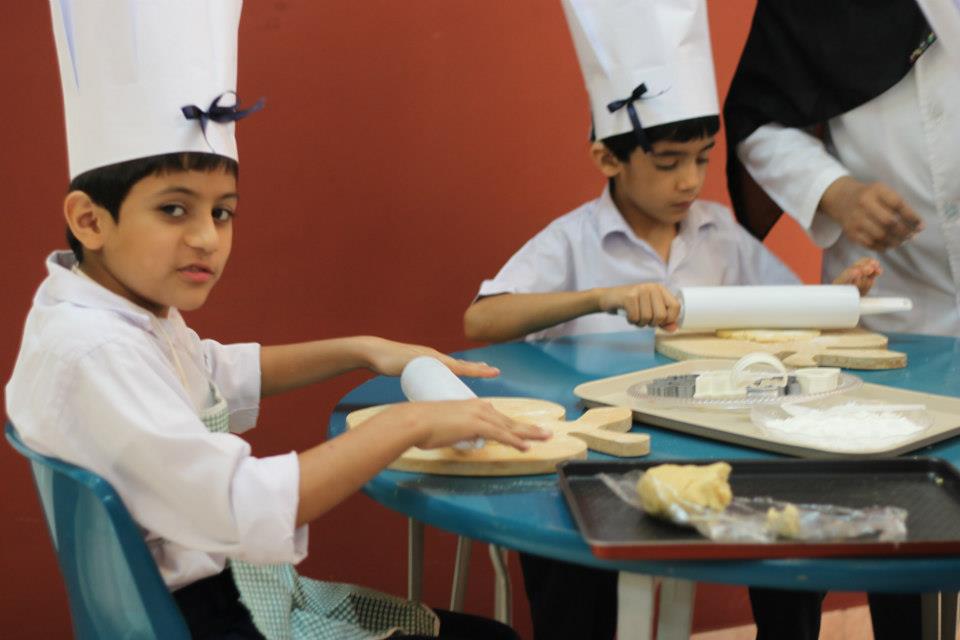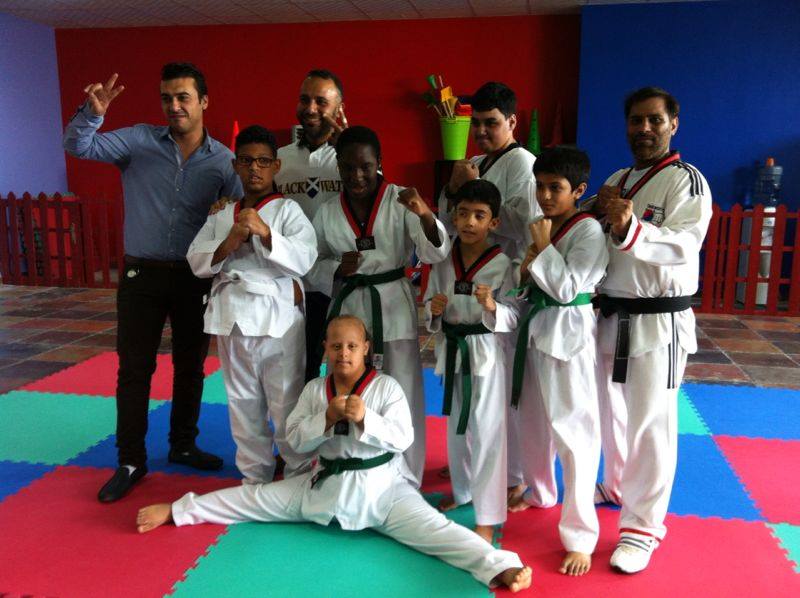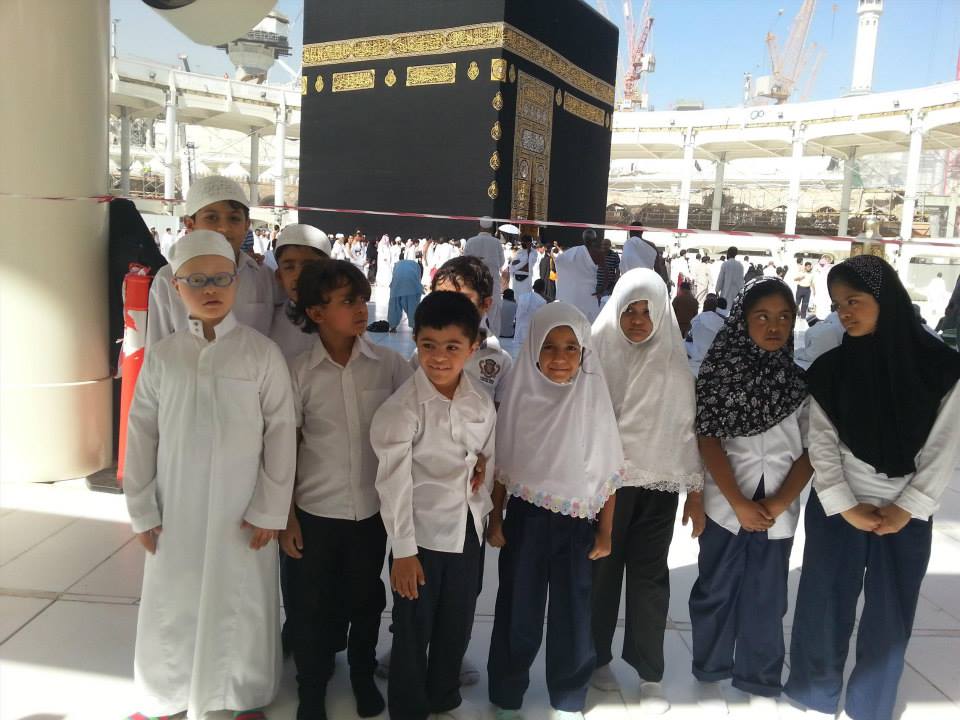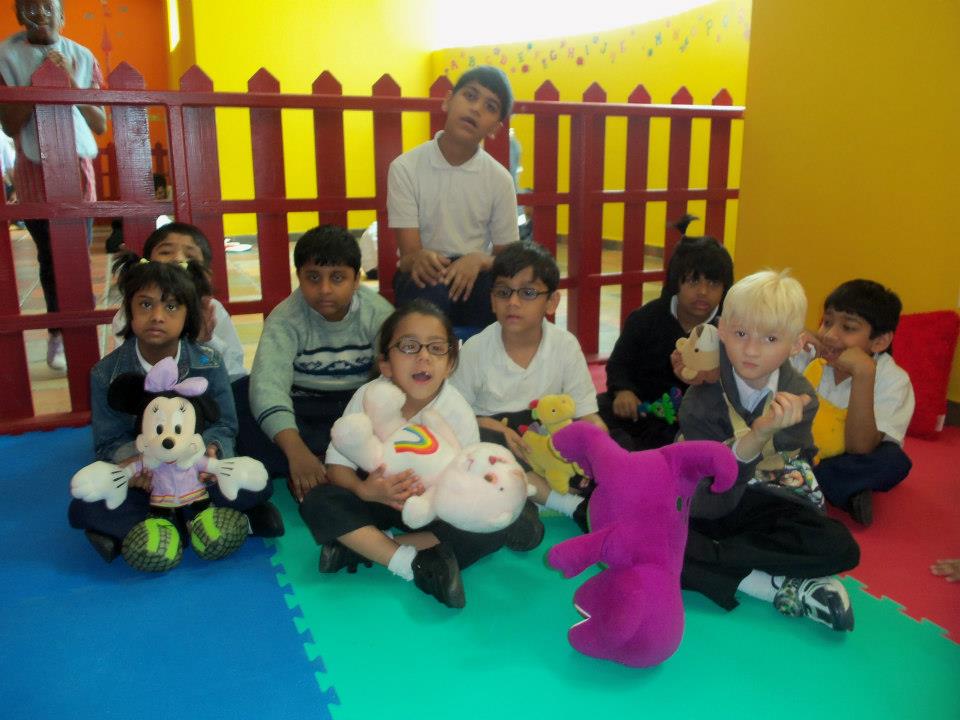In this blog post, I am particularly proud to be able to introduce you to a lady who has, and continues to inspire me and countless others. Her non-stop positive attitude is infectious and the sheer energy, determination, drive and passion she draws upon and imparts to those around her makes me wonder whether she might just be super-human. Uzma Raheem is a force of nature, and a shining source of support and hope to many families here in Jeddah. Jeddah Blog writer Anousha Vakani sat down with Uzma earlier this month to chat with her about the inception and growth of the Hope Center, its success stories and the challenges she faces.
The Hope Center needs little introduction – the people of Jeddah, the rest of KSA and even abroad have watched it grow from a summer programme held in a tiny apartment to a full-fledged multi-cultural institute that has won a total of nine international awards in just fifteen years. Yet, the Center’s founder and directress, Uzma Raheem, speaks to us about the Center’s growth with paramount humility. She is not oblivious to the lives she has touched but her pride lies in the teamwork and dedication that is the foundation of this ‘life-skills institute,’ as she prefers to call it.
 Baking activity with the children.
Baking activity with the children.
She admits that not even in her wildest dreams did she imagine that her efforts would grow to this magnitude. Even receiving a licence from the Ministry was inconceivable, let alone gaining both national and international recognition and awards. However, she says the Center is not just about her efforts, “it is a community project, a joint effort with so many supporters and well-wishers. We have very dedicated, compassionate staff and in fifteen years we have managed to establish our credibility in the market so yes, people know that Hope for Exceptional Needs does deliver.” However, it’s not an easy task – one struggle is that of finding trained staff. The Center started off with just two or three volunteers at one time working with an average of six to nine students. It has grown to a full-sized institute with fifty staff members but it is still a struggle. One reason for this, Uzma Raheem notes is that, “universities are churning out students but guess what? They’re taking their degrees and working in other fields that pay more. You cannot get into this field with a commercial mindset, especially if you’re working with disabled children. You’ve got to have the compassion as well. If you’re thinking of the rewards of both this life and the after, then yes, come in to this field where the salary may not be that high but the job satisfaction is tremendous.”
The job satisfaction is another factor we discuss, and her contentment is hard to misplace. She mentions the success stories, of fourteen children who have been integrated into mainstream education, one who has gotten a job and one who has gotten married. “Three children came into the center who could not even walk and today when I see them running in the hallways, I think my heart leaps behind them. I sleep with a lot of peace in my heart. It’s that fantastic.” When asked about the struggles that come with her job, she sighs and admits that there are many, as with any other job. “Apart from the financial aspect and the shortage of resources, I have to say the children are the easiest part of my job. One of the most difficult parts is actually dealing with the parents. While some parents come in with this wealth of knowledge and acceptance of what their child is going through, and that’s half of our job done – when the parents meet us midway – some parents are, unfortunately less educated or educated and in denial or under severe depression – those are the families that are a challenge to work with, but it is part of the package.”

Martial arts training at the Center.
Among others, the center offers physiotherapy, occupational therapy, hydrotherapy and speech and hearing therapy. While they do not set an age limit, Uzma Raheem encourages parents to admit their children as early as possible. “A young child is like freshly kneaded dough and you can mould them out into any shape you want, whereas an older child is like slightly stale dough and if your try too hard to make any shape out of them, they break.”

The children on a visit to Makkah. Hope for Exceptional Needs.
Religion is also a major point of focus at the Hope Center. The Muslim children are taught basic du’as, the ritual of wudu and etiquette for visiting the Holy Mosque. Regular trips are also made to Makkah where the children make tawaaf and implement all that they’ve learnt. “I think religion plays a big part, and not just for the children but for us as well, in finding comfort that a higher power is looking after our children,” Uzma Raheem muses as a wrap up to our brief but enlightening conversation. To learn more about the Hope Center’s programmes and to follow their progress, join Hope- for exceptional needs on Facebook. Check out their website too, expected to go live in a few days’ time.


Add your comment